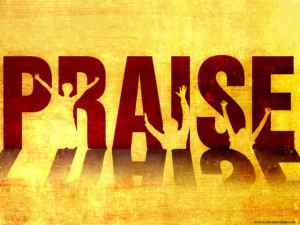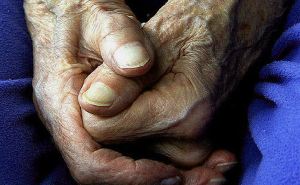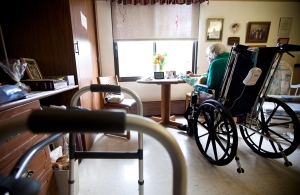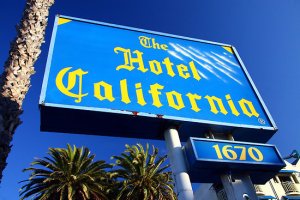Last night at prayer meeting a good friend of the church joined us. He’s a PhD in Engineering who teaches at a university in Asia. He often returns to Canada between semesters.
He sat quietly in the circle for a few minutes, then remarked, “There are 10 people here, twelve with the two of us. Five percent of churches attend prayer meetings, that means your church is two hundred people.”
We laughed at the joke, because his comment was meant as a compliment. In truth, a quarter of folks regularly attends our prayer meetings, which is well above that average.
Before dislocating my shoulder patting myself on the back, my friend’s words got me thinking. Prayer is often minimized as an aspect of church life.
If we consider all that Christ accomplished on the cross, prayer is His greatest gift to humanity. At this point most Christians might object, saying that it’s eternal life or salvation, but consider what prayer represents.
Prayer is the reconciliation of a broken relationship. Adam enjoyed close fellowship with God. It was represented by their daily walks together through the garden. The subsequent broken fellowship with God was symbolized by the thick curtain in the Temple and the need to approach Him through the mediation of a priest.
Now that Christ is our High Priest, we have fellowship with God through prayer. More than anything else, it’s prayer that represents our reconciled relationship with God. In fact, prayer should be the most important part of our daily spiritual walk, because it’s the greatest privilege given to us through the redeeming work of Jesus Christ.
Prayer should also hold an essential place in the life of the body. We need to pray together. It is the very connection we have with the divine. Corporate prayer bonds the body together. Corporate prayer reminds us that we are not a collective of individuals who happen to share the same building, but we are the very body of Christ. We live connected to each other and entirely dependent on God.
That’s privilege in the Undiscovered Country.









